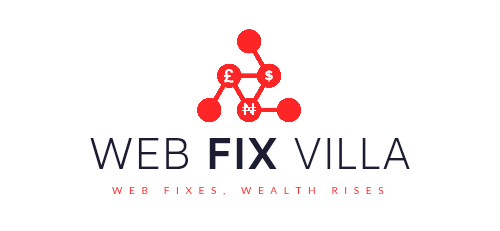
Latest post
Popular Posts

The first day’s journey was through the pink fields (1249)
- admin
- November 21, 2016

How to Create a Personal Budget That Works in Nigeria (1200)
- Bodunde Ajimoti
- April 25, 2025

Bhutanese Food: 25 Best Dishes To Eat When You’re In Bhutan! (1192)
- admin
- April 20, 2017

Facebook video being the top priority of marketers in 2017 (260)
- admin
- July 18, 2016

Red Sox Lineup: Eduardo Rodriguez Activated From DL (247)
- admin
- July 18, 2016
Category: Uncategorized
- Home
- Uncategorized
Popular Post

The first day’s journey was through the pink fields (1249)
- admin
- November 21, 2016

How to Create a Personal Budget That Works in Nigeria (1200)
- Bodunde Ajimoti
- April 25, 2025

Bhutanese Food: 25 Best Dishes To Eat When You’re In Bhutan! (1192)
- admin
- April 20, 2017

Facebook video being the top priority of marketers in 2017 (260)
- admin
- July 18, 2016

Red Sox Lineup: Eduardo Rodriguez Activated From DL (247)
- admin
- July 18, 2016
Newsletter
Weather
haze
28℃
39º - 25º
humidity: 41%
wind: 9 km/h
-
33℃Mon
-
31℃Tue
-
31℃Wed
-
27℃Thu
-
32℃Fri
-
34℃Sat










